Dragon Age: Inquisition
Latest about Dragon Age: Inquisition
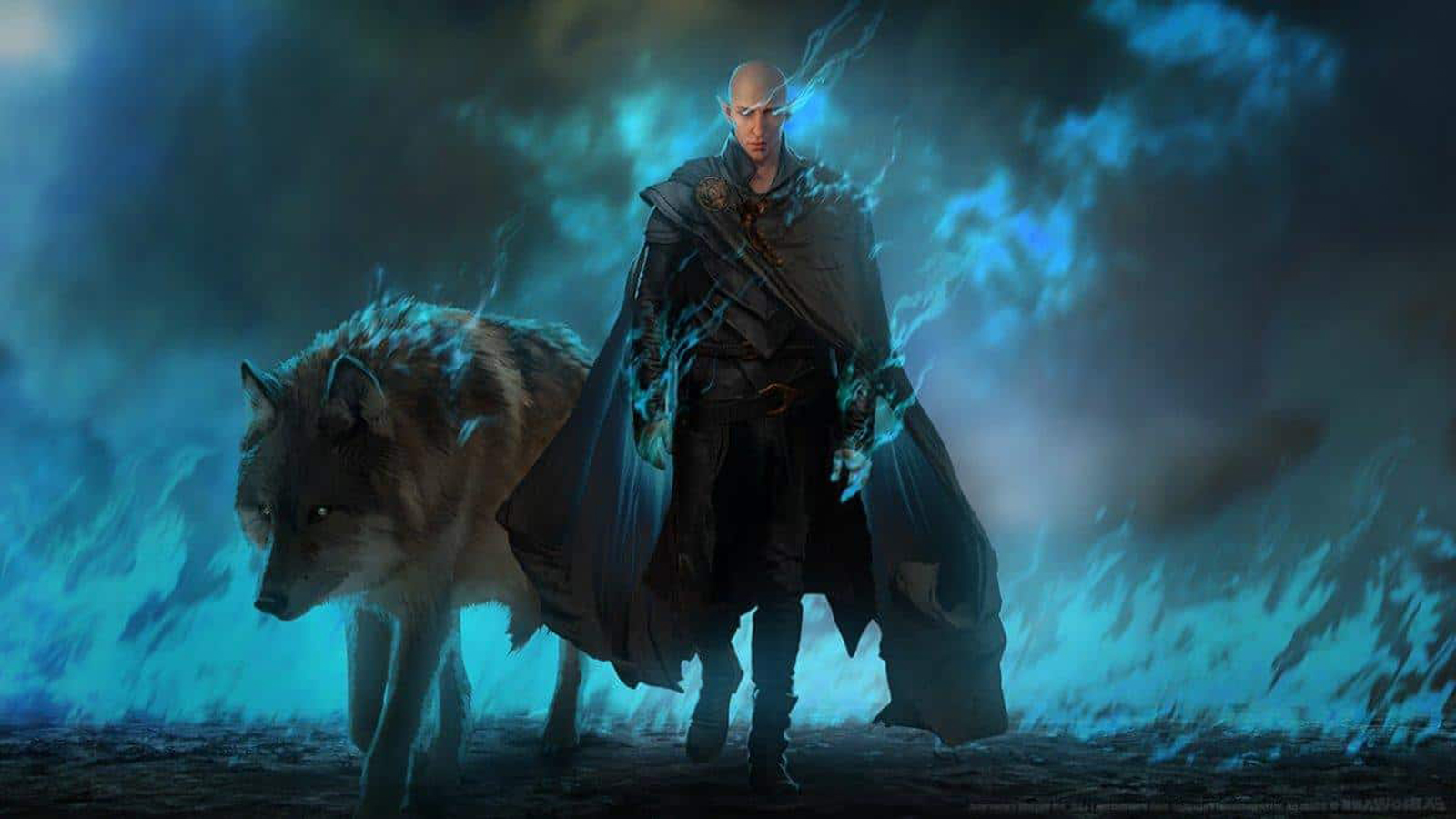
Dragon Age voice actor says his favourite way to play Inquisition is as a woman who romances himself, which is apparently 'the best'
By Rich Stanton published
News You'll go blind doing that.
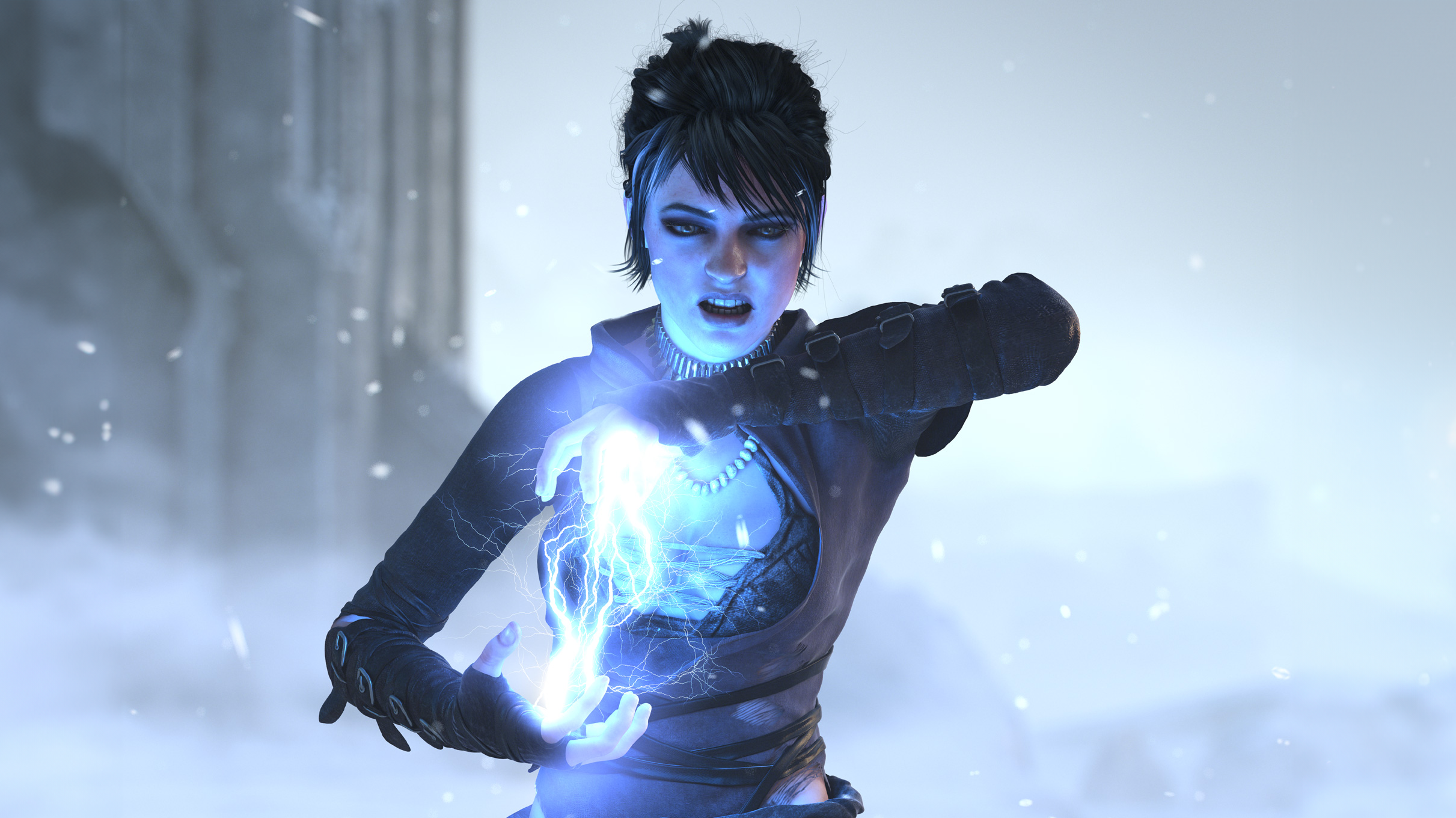
I'm haunted by the decline and fall of Dragon Age, and can't help but wonder how it came to this
By Robert Jones published
All shall fade A once-legendary RPG world now plunged into shadow
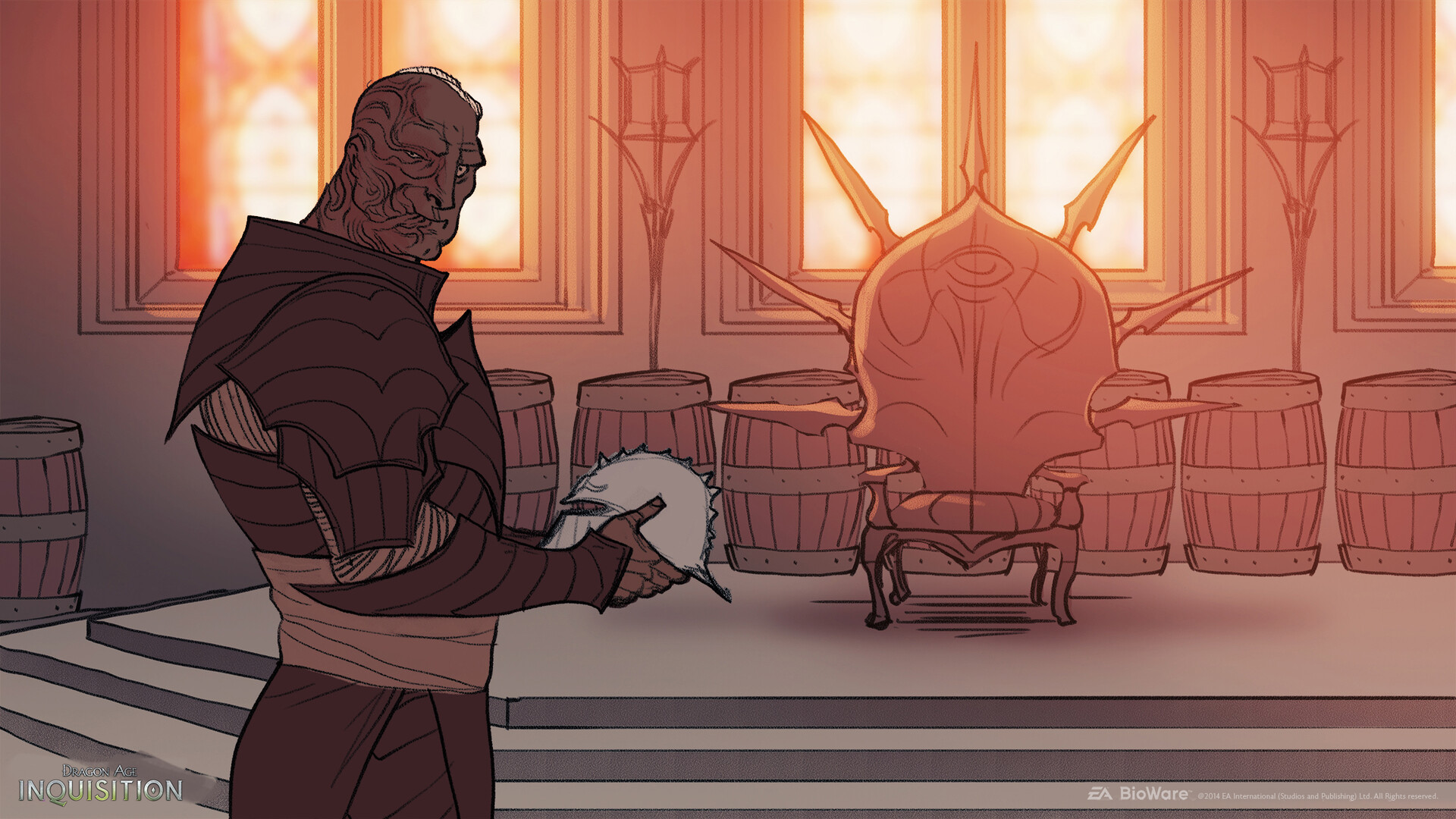
Dragon Age: Inquisition's final expansion was going to force us to blow up our home base to kill a fan favorite Origins companion
By Ted Litchfield published
news Anyone but Sten!
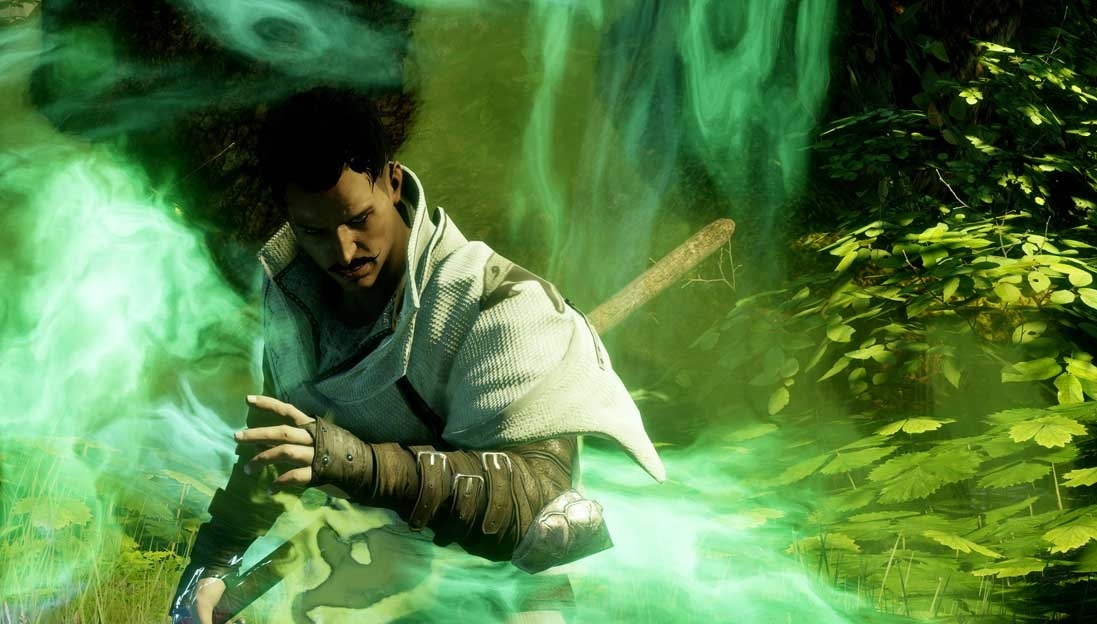
Dragon Age lead writer shares the heartfelt process of creating Inquisition's Dorian, says his 'story is not MY story, but it's also not far off'
By Harvey Randall published
News "It allowed me to SAY something. That felt good. It felt right."
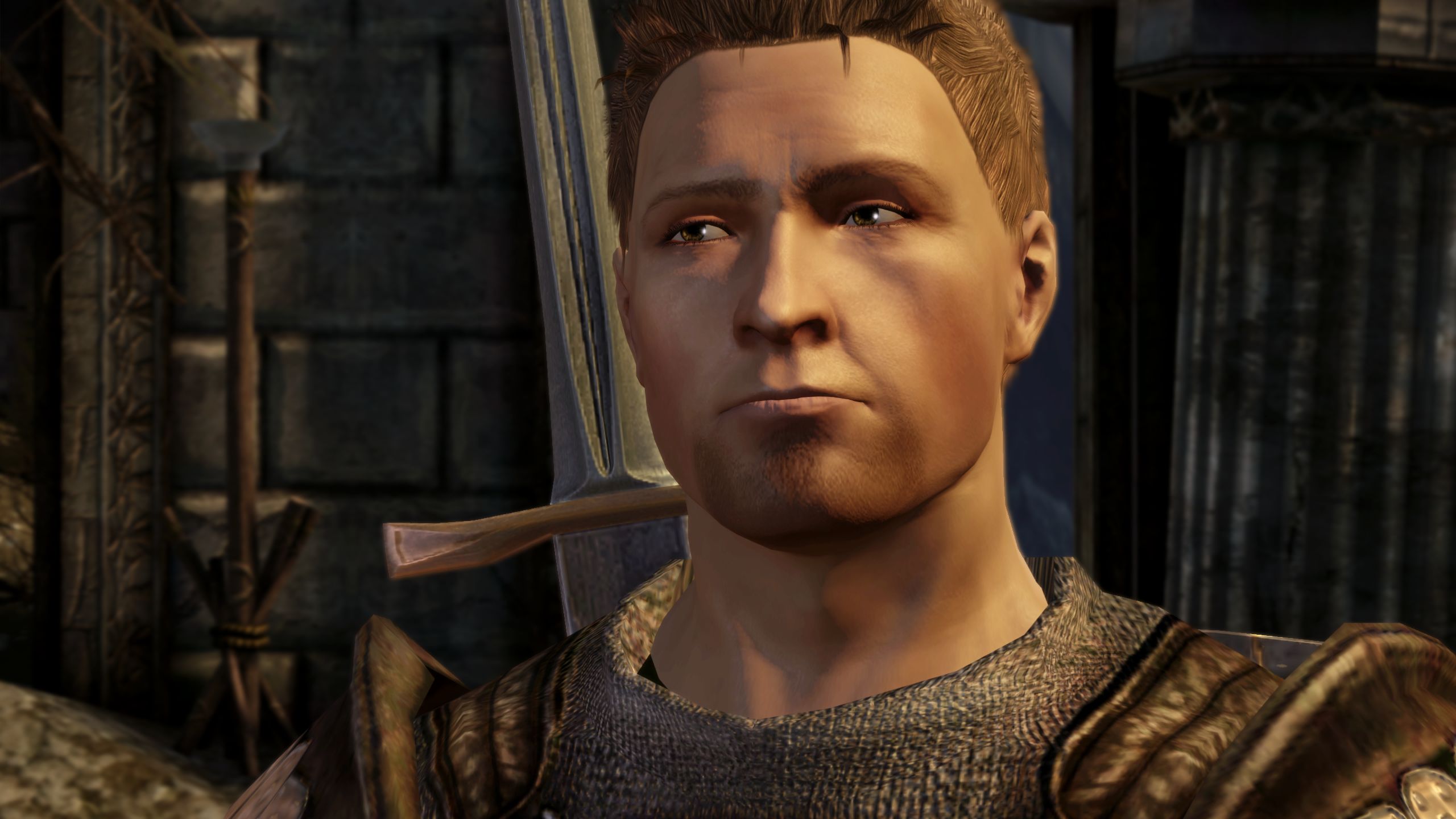
Dragon Age: Inquisition was supposed to see your Origins character return for what would have been the most excruciating choice BioWare ever concocted
By Ted Litchfield published
news I don't know if I could have made the call.
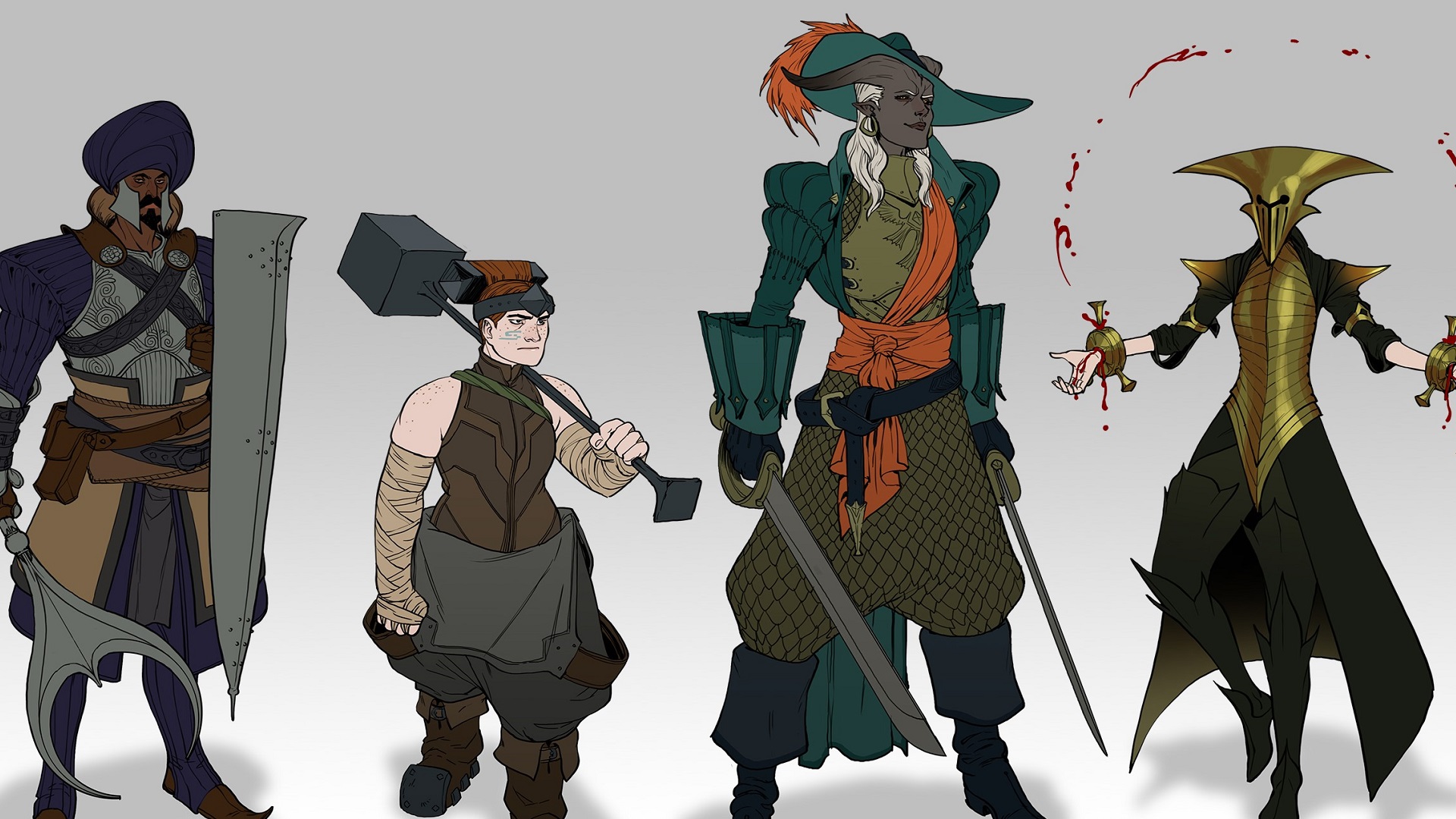
Bioware's art lead shared some off-the-wall rejected concepts for Dragon Age: Inquisition's multiplayer characters, including the return of a controversial companion we never saw again
By Ted Litchfield published
news I wish I could be friends with all of them.
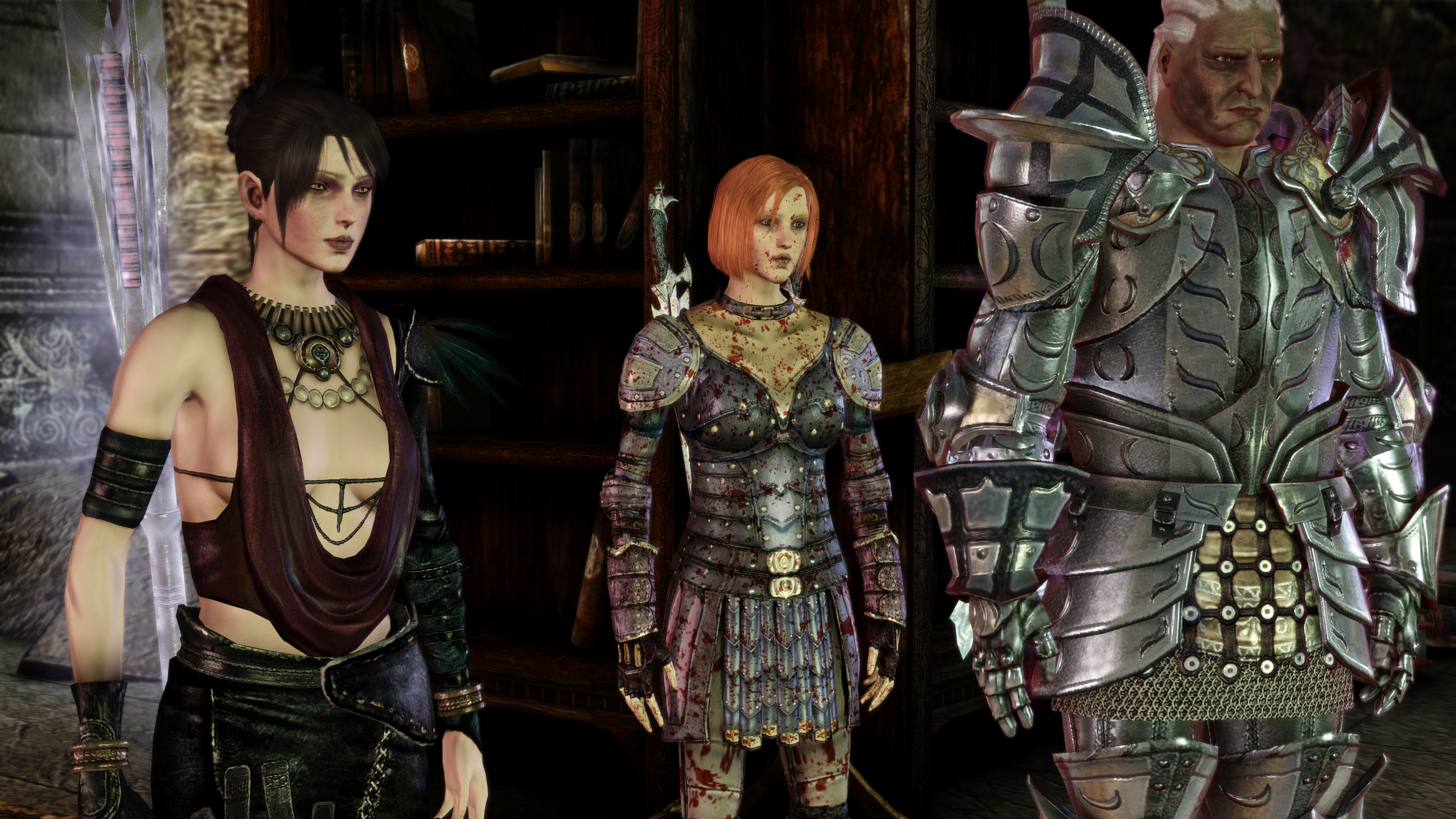
The six best Dragon Age companions ever
By Robin Valentine published
FRIEND GAME A snarky witch, a beardless dwarf, and a talking statue walk into Ferelden...
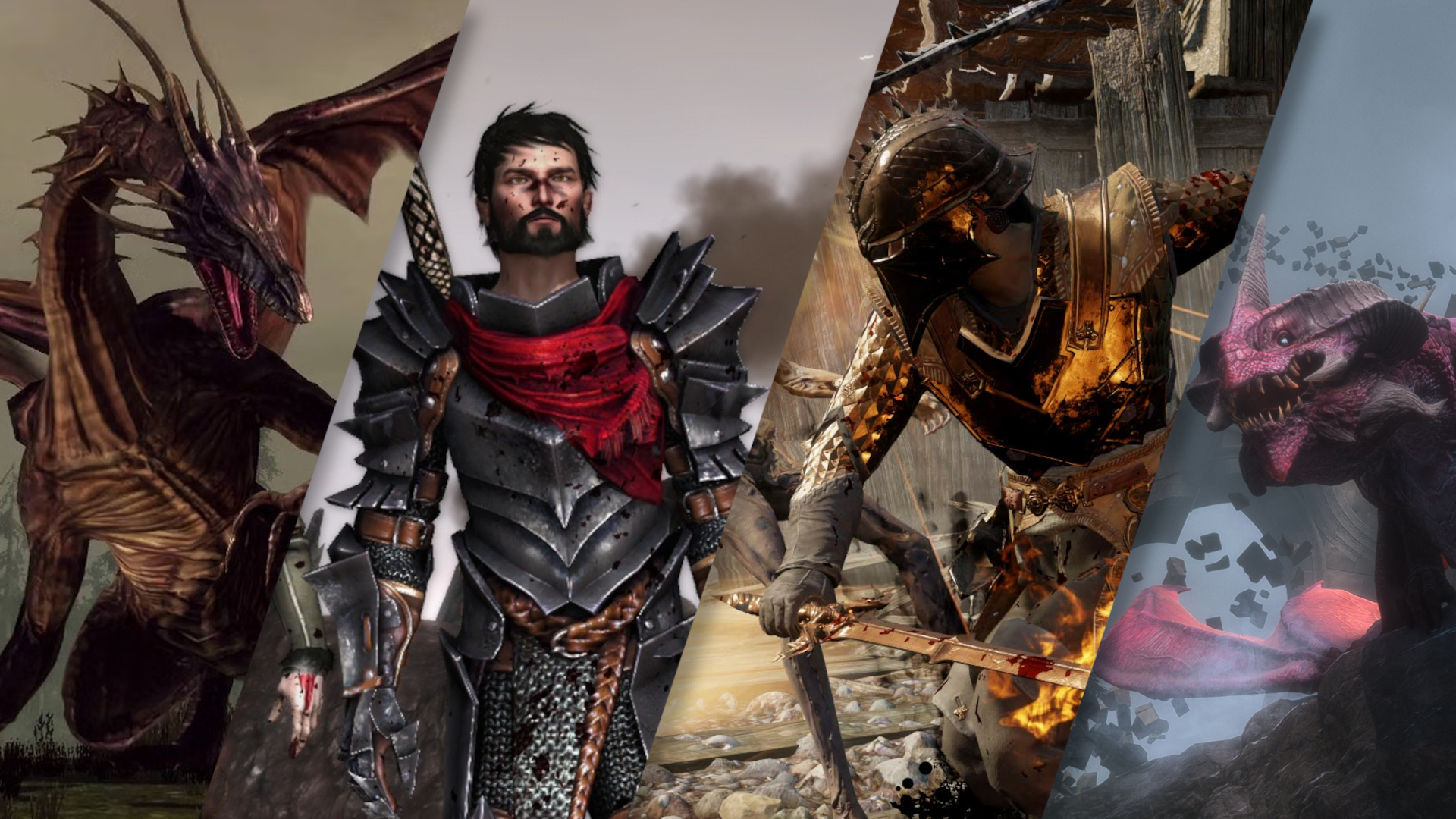
From the moody horror of Origins to the gleaming high fantasy of The Veilguard, few series have changed as much as Dragon Age
By Fraser Brown published
Dragon Ages 15 years of evolution.
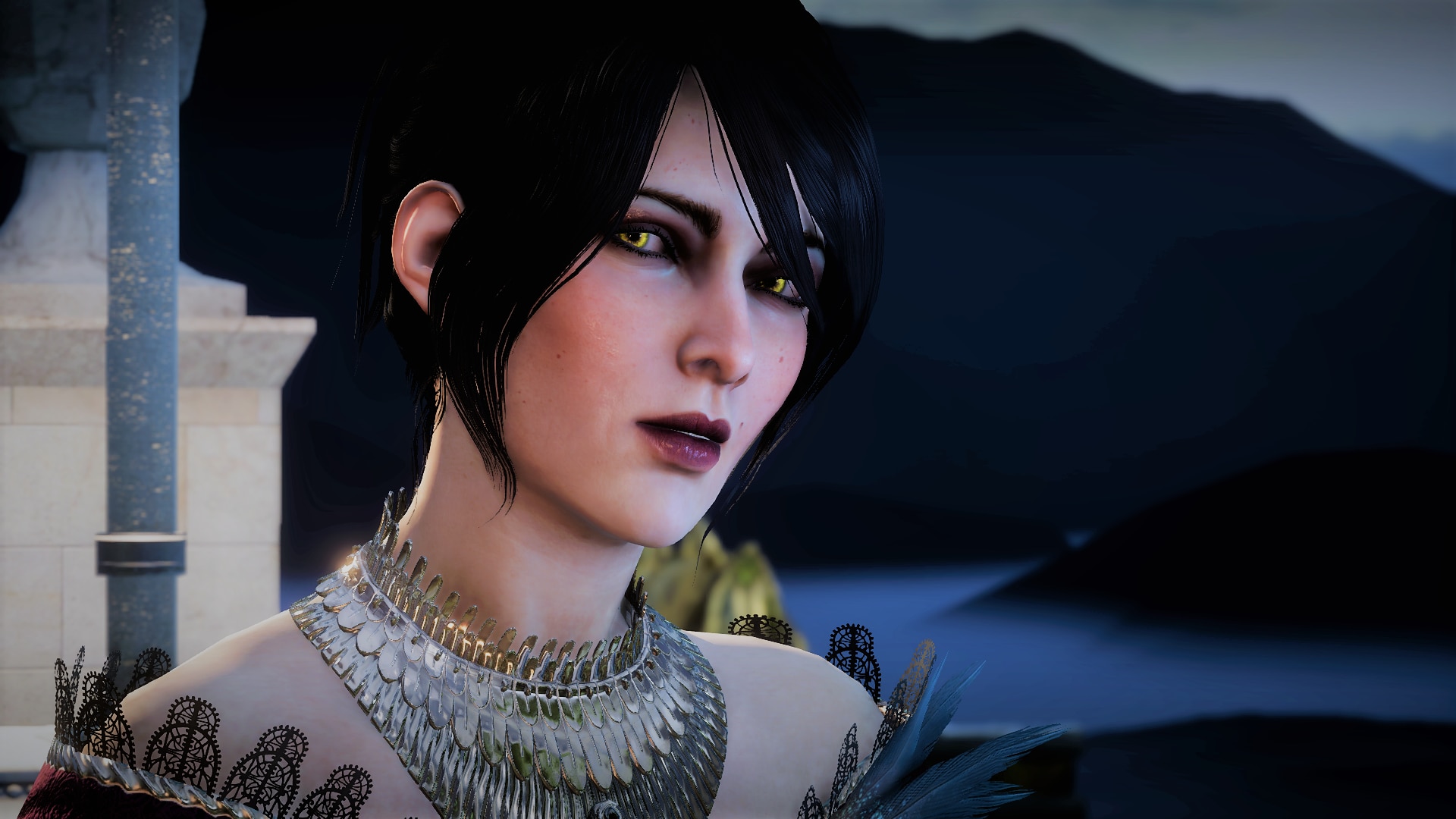
Dragon Age: Inquisition's Hinterlands were the closest BioWare got to making an Elder Scrolls-style open world, and everyone agreed you should leave as quickly as possible
By Ted Litchfield published
green hill zone The Hinterlands are one of the most controversial RPG starting areas, but were they really that bad?
The biggest gaming news, reviews and hardware deals
Keep up to date with the most important stories and the best deals, as picked by the PC Gamer team.

